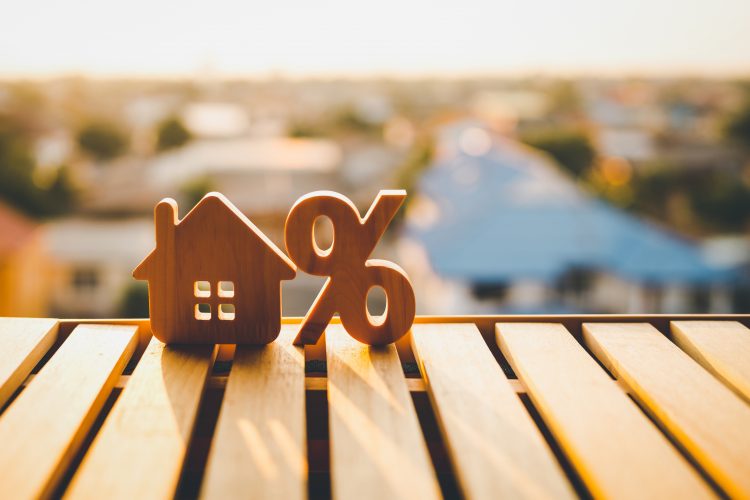If you’re eager to buy a home, but you’re concerned about high interest rates, you might be wondering if you should move forward or wait for rates to fall. It’s difficult to predict how much mortgage rates might come down and when that might happen. That’s why you should make a decision based on your own circumstances.
You Should Only Buy a House If It Fits Your Budget
Whether interest rates are high or low, you should only buy a home if you can afford thetotal cost of ownership. That includes a mortgage payment, property taxes, homeowners insurance, maintenance, plus homeowners association fees and private mortgage insurance, if applicable.
You should have money saved up for a down payment. You don’t have to put down20%, but doing so can let you avoid paying for private mortgage insurance and help you keep your total cost of homeownership down.
If You Buy Now, You Might Be Able to Refinance Later
If you determine that now is a good time to move forward with a home purchase, youcan take out a fixed-rate mortgage and refinance to lower your rate in the future. Another option is to take out an adjustable-rate mortgage. You’ll be able to enjoy a low introductory interest rate, then refinance before the rate rises.
Before you refinance any type of loan, you’ll have to figure out if it makes financial sense. To do that, you can divide the amount you would have to pay in closing costs by the amount you would save on your monthly payments. That’s the number of months it would take you to break even. If you intend to live in the house for more than that length of time, refinancing can save you money in the long run.
It Might Be Better to Wait
Consider how much debt you currently have and how much you pay toward your credit cards and loans every month. If adding a mortgage and other home-related expenses would make you struggle to make ends meet, you should focus on paying off, or at least reducing your current debts before you buy a house.
Lowering your debt-to-income ratio can boost your credit scores and make you morel ikely to qualify for a mortgage with an attractive interest rate. When you buy a home, you won’t be overwhelmed by bills, and you’ll be able to save for other priorities, such as retirement, your kids’ college education and a vacation.
If you haven’t saved up enough money for a down payment, it can be better to wait. While you work on saving more, interest rates and/or home prices might come down. If you do have a substantial amount in savings, you shouldn’t put it all toward a down payment. You should keep some money for moving expenses, furniture, repairs and maintenance. You should also have an emergency fund in case you lose your job or have an unexpected medical expense.











